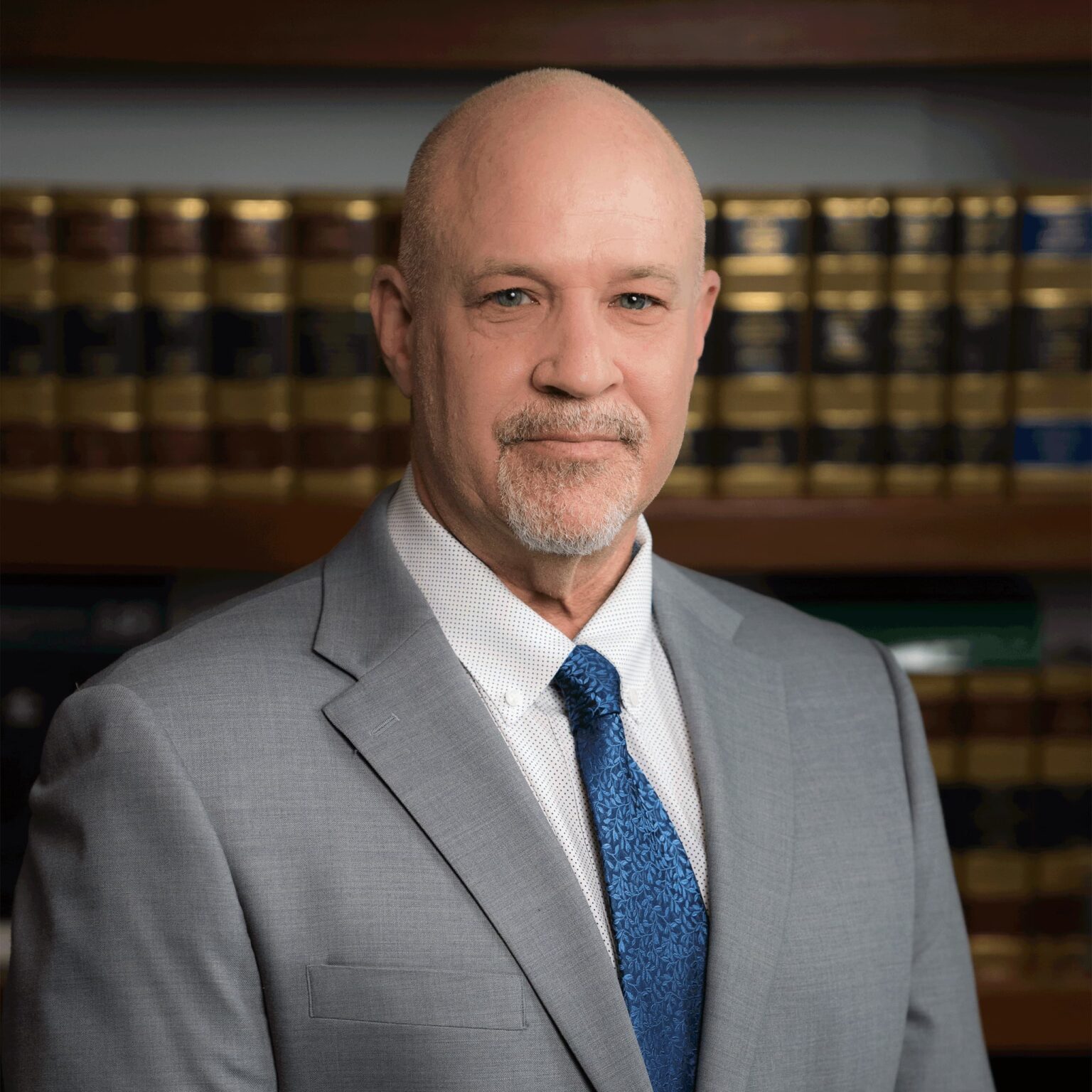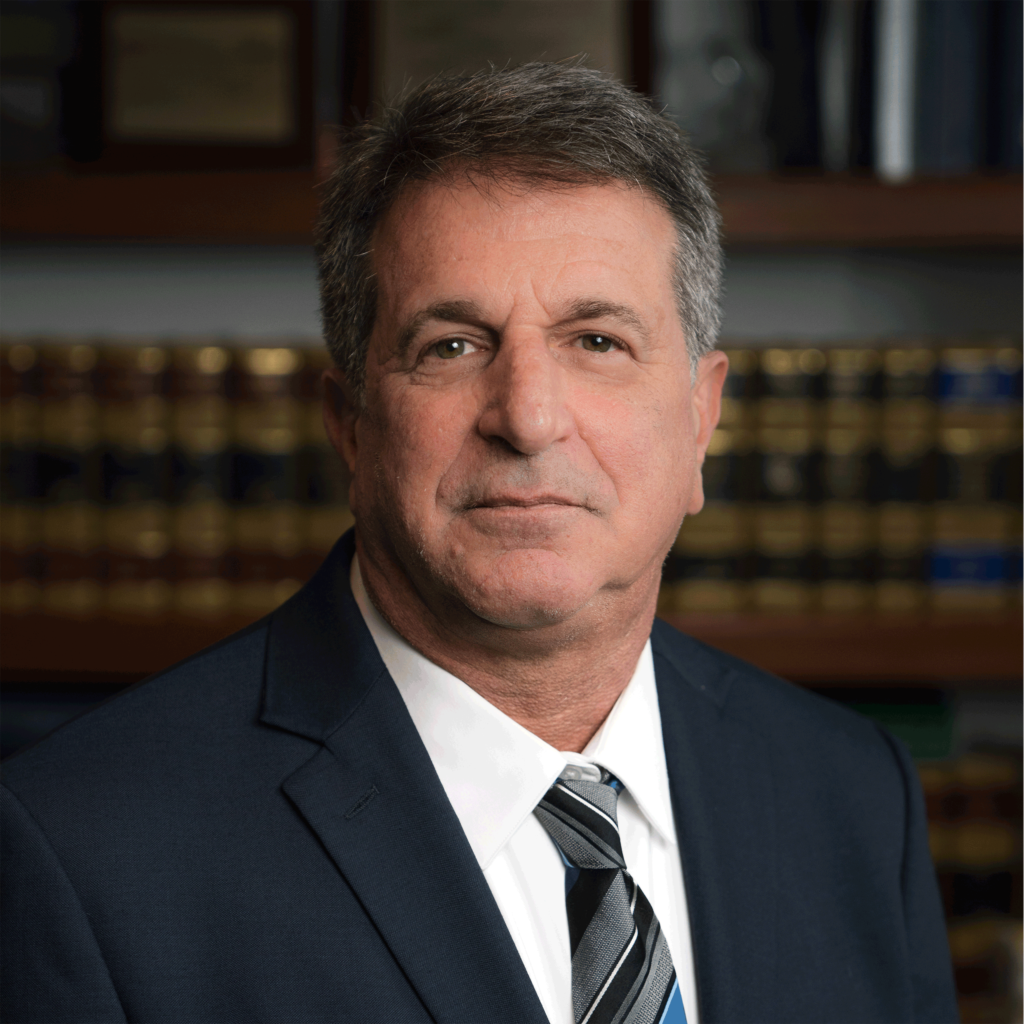No one leaves home expecting their day to take a traumatic turn due to a car accident. Yet, in a split second, you could find yourself amid shattered glass and crumpled metal. Knowing what to do in the crucial moments after an accident can make all the difference—both for your immediate safety and any legal steps you might need to take afterward.
In this blog, we’ll share five critical things you need to do after a Plantation car accident. Whether it’s a minor fender-bender or a more serious collision, these steps can help you navigate a stressful situation with confidence.
If you’ve sustained injuries in a car accident, know that Cohen and Juda are here to advocate for you. Contact us at (954) 424-1440 to schedule your free consultation with a South Florida car accident lawyer if you think you have a case.
#1 – Remain at the Accident Site
Staying at the location of the accident is not just advisable—it’s crucial for both legal and safety reasons. Check for immediate injuries to yourself, any passengers in your vehicle and any involved vehicles.
Leaving the accident scene before fulfilling your legal responsibilities could be categorized as a hit-and-run, exposing you to criminal charges, fines, or the possible revocation of your driver’s license.
While emotions may run high, be cautious with your words; avoid making any statements that could later be construed as an admission of guilt.
#2 – Call 911
The second critical thing you need to do is immediately call 911. Even if the accident seems minor, it’s essential to have the police and emergency medical services respond to the scene. Here’s why:
- To report the accident. The police will create a report of the accident, which can be helpful if you need to file an insurance claim or if you decide to pursue legal action.
- To get medical attention. If you or anyone else involved in the accident is injured, the police can call for an ambulance. Even if you don’t think you’re seriously injured, it’s important to be seen by a medical professional to rule out any hidden injuries.
- To direct traffic. If the accident is blocking traffic, the police can help to direct traffic and keep people safe.
Here are some tips for calling 911:
- Stay calm. Stay calm and focused. This will help you provide the dispatcher with the information they need.
- Be specific. Be as specific as possible about the accident. Tell the dispatcher the location of the accident, the number of vehicles involved, and whether or not there are any injuries.
- Follow the dispatcher’s instructions. The dispatcher will give you instructions on what to do. Be sure to follow their instructions carefully.
#3 – Exchange Details and Document Accident
While you wait for law enforcement to arrive at the scene, follow these key steps to ensure you have all the necessary details for any legal or insurance-related needs.
- Exchange Information with Other Parties: This information should include names, phone numbers, insurance details, driver’s license numbers, and license plate numbers.
- Collect Witness Contact Information: Gather contact details from any witnesses. Their observations could be invaluable later on.
- Document the Scene: Take photographs of the accident scene from various angles, capturing vehicle damages and any visible injuries.
- Record Accident Details: Make note of the location, time, and date of the accident. Keep these details, along with any other documents and photographs, in a safe place for future reference.
While it’s important to exchange details with the other driver at the scene, refrain from discussing the accident on social media platforms. Any posts you make could potentially be used against you if the other driver seeks legal representation.
#4 – Seek Medical Attention
Even if you feel alright and were examined at the accident scene, it’s imperative to get a medical examination as soon as possible after the accident by your healthcare provider.
In Florida, your Personal Injury Protection (PIP) benefits under your auto insurance will only become active if you receive medical attention within 14 days following the accident.
Failing to do so may lead to denial of benefits. Your medical records are not just crucial for your well-being but also for your attorney to build a compelling case should you file a personal injury claim.
#5 – Contact Your Insurance Provider
Another crucial step following a Plantation car accident is to contact your insurance company as soon as possible. While Florida is a “no-fault” state, meaning your own insurance generally covers your medical expenses, contacting your insurer remains a critical step.
Why it’s essential:
- Prompt reporting helps facilitate a smoother claim process.
- The insurance company might use your failure to report in a timely manner against you.
Start by providing basic, factual details about the accident, but avoid discussing fault or liability at this early stage. These conversations can become complex and may require legal guidance.
It’s advisable to consult with an attorney for any subsequent detailed discussions with your insurance provider, especially if the accident involves injuries, property damage, or questions of liability.
When to Consult an Attorney
As mentioned in the previous section, if your Plantation car accident involves complex scenarios like injuries, property damage, or questions surrounding who is at fault, legal guidance may be particularly valuable. An experienced attorney can:
- Clarify your legal rights and options
- Negotiate with insurance companies on your behalf
- Represent you in court to help you obtain appropriate compensation, if legal proceedings become necessary
By working with an attorney, you can focus on your recovery while someone advocates for your interests, particularly when dealing with insurance companies or the legal system.
Frequently Asked Questions
As car accident lawyers, we get a lot of questions from people who are dealing with the aftermath of a crash. Here are answers to some of the questions we hear the most to help you understand what to do next.
Q: What should I do if the other driver doesn’t have insurance?
A: If you’re involved in an accident with an uninsured motorist, your uninsured motorist coverage (if you have it) may cover damages you’ve incurred. It’s essential to notify your insurance company of the situation as soon as possible. You may also consider pursuing a civil lawsuit against the uninsured driver, depending on the circumstances and extent of your damages.
Q: What should I do if the other driver leaves the scene?
A: Leaving the scene of an accident is illegal. If this occurs, try to record as much information as you can, such as the make and model of the car, license plate, and description of the driver if possible. Report this to the police and your insurance company as soon as possible.
Q: How long do I have to file an insurance claim or legal action after the accident in Florida?
A: In Florida, statutes of limitations may affect your claim. As for insurance claims, check your policy for specific time limits. Filing as soon as possible is advisable to ensure all paperwork and claims are processed in a timely manner.
Q: Should I accept the first settlement offer from my insurance company?
A: It’s usually not advisable to accept the first offer without consulting an attorney, especially if you have suffered significant injuries or other losses. Insurance companies often offer a lower amount initially, anticipating that you might negotiate for a higher settlement.
Q: What is “comparative negligence,” and how can it impact my claim?
A:”Comparative negligence” is a legal principle used to apportion fault among parties involved in an accident. In Florida, which uses a “modified comparative negligence” system, your potential compensation would be reduced by your percentage of fault. This means that if you’re found to be 30% at fault, your potential recovery will also be reduced by 30%. Additionally, you would not be eligible for potential recovery if you’re found to be over 50% at fault for the accident.
Need Help After a Plantation Car Accident? Let Cohen and Juda Stand with You
If you’ve been in a Plantation car accident, the road to recovery can be long and filled with challenges. Finding the right “injury attorney near me” shouldn’t be one of them. At Cohen and Juda, we’re more than just your car accident attorneys; we’re your advocates during a trying time.
Leveraging over 30 years of experience, we’re prepared to protect your interests and help you secure appropriate compensation. Don’t go it alone. Call us today at (954) 424-1440 or complete our online form for a FREE consultation with a dedicated South Florida car accident lawyer. Let us personally fight for your rights!
Copyright © 2023. Cohen and Juda, P.A. All rights reserved.
The information in this blog post (post) is provided for general informational purposes only and may not reflect the current law in your jurisdiction. No information in this post should be construed as legal advice from the individual author or the law firm, nor is it intended to be a substitute for legal counsel on any subject matter. No reader of this post should act or refrain from acting based on any information included in or accessible through this post without seeking the appropriate legal or other professional advice on the particular facts and circumstances at issue from a lawyer licensed in the recipient’s state, country, or other appropriate licensing jurisdiction.
Cohen and Juda P.A.
8211 W Broward Blvd, Suite 310
Plantation, FL 33324
(954) 424-1440
https://www.cohenandjudaflorida.com/





